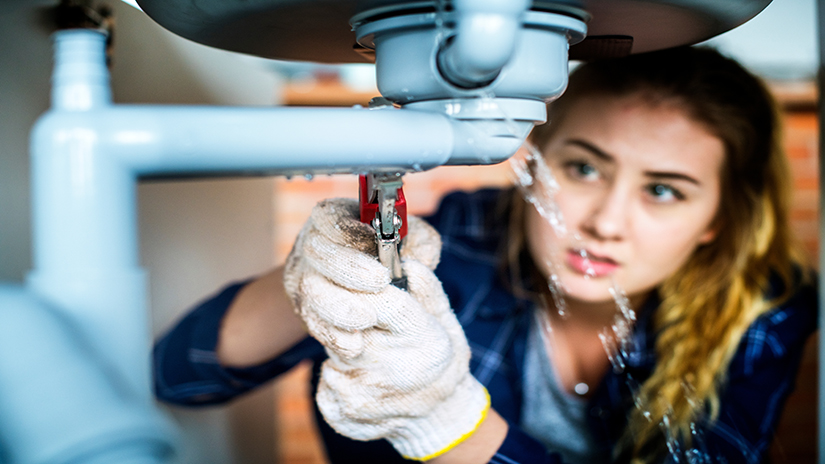How to Install an Electric Hot Water System
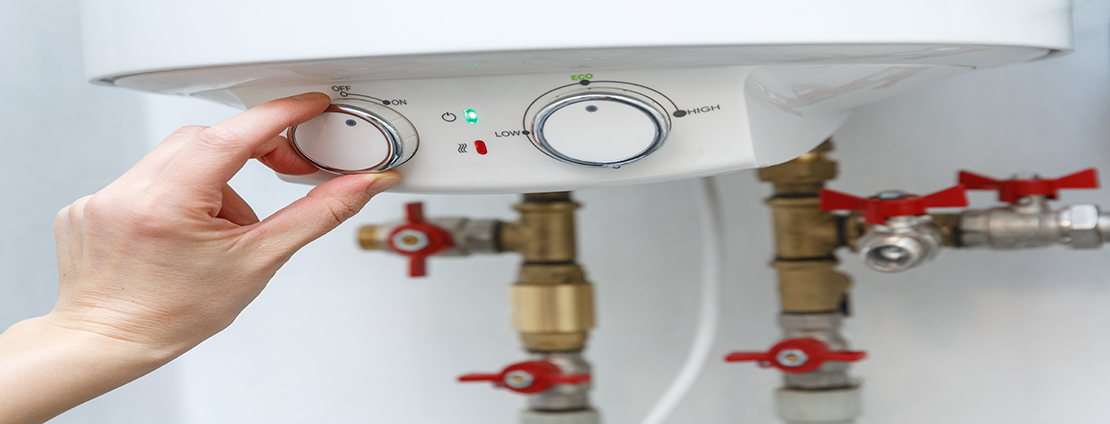
Installing an electric hot water system is one of the most cost-effective ways to take advantage of this heating source. At Parker Plumbing, our technology is simpler than installing a natural gas or propane water heater, and it’s more energy efficient than solar water heaters.
It’s also easy to install an electric hot water system in your home. There are several different types, but most ease the burden on your home’s main plumbing by using a second set of pipes for the hot water.
This article will explain your options, give you advice on finding the best system for you and your home, and show you how to get everything up and running smoothly.
How an Electric Hot Water System Works
An electric hot water system uses electricity to heat water that flows through your home’s plumbing system. The unit you install will be a combination of a water heater and a heater: it stores hot water and also provides a source of heat for your home’s water. An electric hot water system uses a heating component like an element or a burner to heat the water. Once it reaches the desired temperature, a thermostat kicks on to maintain it. The system draws electricity from the grid through a circuit board, transformer, or circuit breaker. The hot water then flows into your home’s water system, through the cold water line.
Types of Electric Hot Water Systems
Coiled storage tank systems:Coiled storage tanks are the most common type of electric hot water system. They use a large copper or steel tank to store hot water. The hot water is drawn from the tank when you turn on the faucet.
Tankless electric hot water systems:Tankless hot water systems heat water as you need it. They use one or two gas burners to heat water that’s flowing through them. They’re more expensive than coiled storage tanks, but they’re more efficient.
Electric water heater with the tank:Electric water heaters with tanks are designed to be a simple system. They don’t have the flexibility of other systems, but they’re also less expensive. – Electric condensing boiler systems: Electric condensing boiler systems use a boiler to heat water. This system is a combination water heater and hot water system.
Coiled Storage Tank Systems
Coiled storage tank systems are the most common type of electric hot water system. They’re also known as indirect, non-electric, or storage-type systems. The tank is a large, coiled tank of water that’s connected to your cold water line. It sits in an insulated box next to your water heater and is connected to your hot water line.
Coiled storage tanks are usually installed on a concrete slab. They’re made of copper or steel and are usually 25 to 35 gallons in size. The tank is filled with water that’s heated by the water heater. The water sits in the coil and stays warm until you need it. When you turn on the hot water, a valve opens and allows water from the tank to flow into your plumbing, heating it as it goes.
Tankless Electric Hot Water Heater
If you have limited space for your water heater or you want to install a hot water system that’s more efficient than a coiled storage tank system, a tankless electric hot water system may be a good option for you. The electric hot water heater has one or two gas burners that heat a large tank of water. It heats the water as it flows through the device and then pushes it out through a manifold.
The heat exchanger is connected to your cold water line and pulls in water that’s as cool as possible. It heats it and then sends it out through your hot water line. This system draws electricity from the grid, but it only needs as much as it needs to meet your hot water demand. It shuts off when your water is at the right temperature, which means it’s very energy efficient.
Electric Condensing Boiler System
An electric condensing boiler system is a combination water heater and hot water system. It’s more expensive than other systems, but it’s also more durable, highly efficient, and offers more options for expanding your plumbing system in the future. This type of system has an electric boiler that heats water that’s flowing through a pipe. It’s connected to your cold water line and pulls in water that’s as cool as possible.
The water passes through the boiler where it’s heated and then returns to your hot water line. Condensing boilers have an expansion tank that prevents the system from overheating by releasing excess pressure. The boiler heats the water enough so it doesn’t need to be heated again. It’s less wasteful than other types of electric hot water systems.
Installing an Electric Hot Water System
Before you install an electric hot water system, you’ll need to install a drain. This is a pipe that connects your cold water line and hot water line. It’s usually located between the two pipes and sits in a PVC box on the floor of your basement. If you’re installing a coiled storage tank system, you’ll also need to install a flow restrictor. This device slows down the movement of the water through the hot water line.
If you’re installing a tankless electric hot water system, you’ll need to install a pressure-reducing valve. This regulates the pressure that the system draws from the grid. If you’re installing a tank-type system, you’ll need to install a large tank that can hold enough water for all of your family’s needs. You’ll also need to choose and install the electrical components for your hot water system. This includes a circuit breaker or fuse, a transformer, and a circuit board.
However, if this sounds too complex or time-consuming, you can reach out to an Ipswich plumber who can do the hot water system installation Ipswich wide.
Pros of an electric hot water system
Simple and durable construction:Electric hot water systems are usually a very simple system that doesn’t need a lot of maintenance. They’re also durable and will last for decades.
Easy to install:Electric hot water systems are less complicated than other systems. They don’t require a licensed plumber and can be installed by anyone with basic DIY skills.
More efficient:Electric hot water systems are more efficient than natural gas or propane systems. They’re also more efficient than solar water heaters.
Cons of an electric hot water system
Limited by your electrical system:Electric hot water systems are limited by your electrical system. If it can’t handle the load, you may need to install a 220-volt system. This can be expensive and time-consuming.
Not as efficient in cold climates:Electric hot water systems don’t work as efficiently in cold climates because they don’t generate as much heat as natural
More expensive to install:Electric hot water systems are more expensive to install than other systems. You’ll have to hire a licensed electrician from Parker Plumbing to install the electrical components.
Speak with Local Plumbing Experts today
Electric hot water systems have the advantage of being cost-effective and easy to install. They are also very efficient compared to the other hot water systems. However, depending on whether you reside in a cold region, electric hot water systems are not very efficient and it would be advisable to opt for either a Solat or Natural Gas hot water system that can also be found at Parker Plumbing.
You can contact Parker Plumbing today at 07 3177 2019 to talk about pricing and our other hot water systems or hire a trained professional to install your electric hot water system safely and efficiently.
Latest Blogs
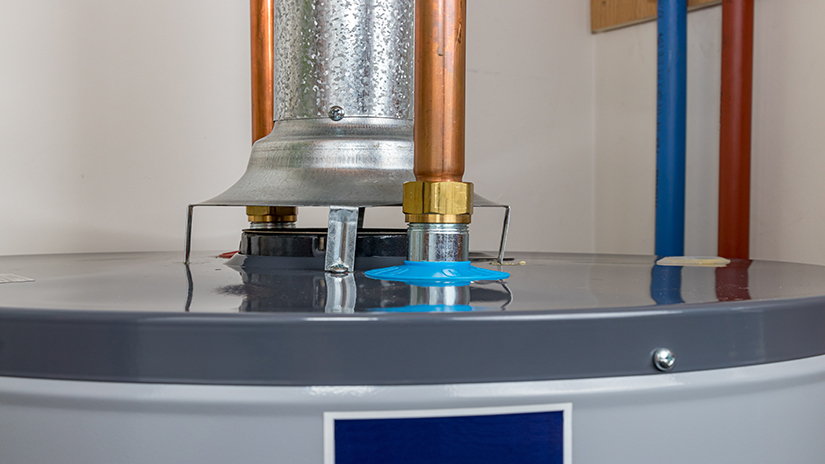
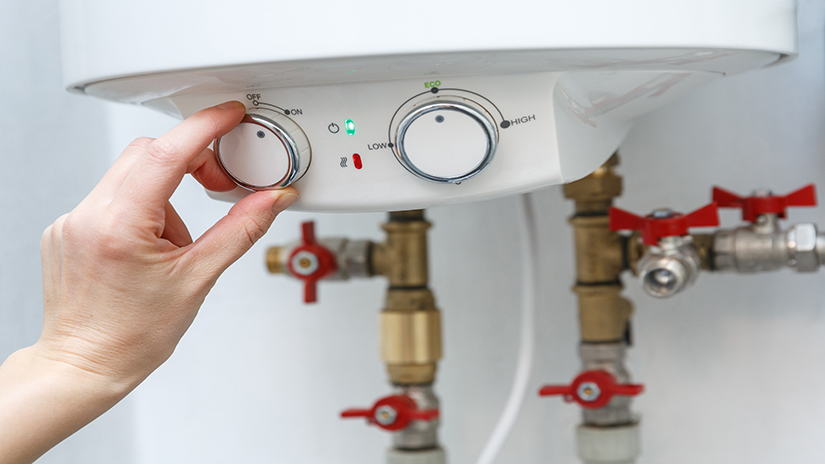
How to Install an Electric Hot Water System
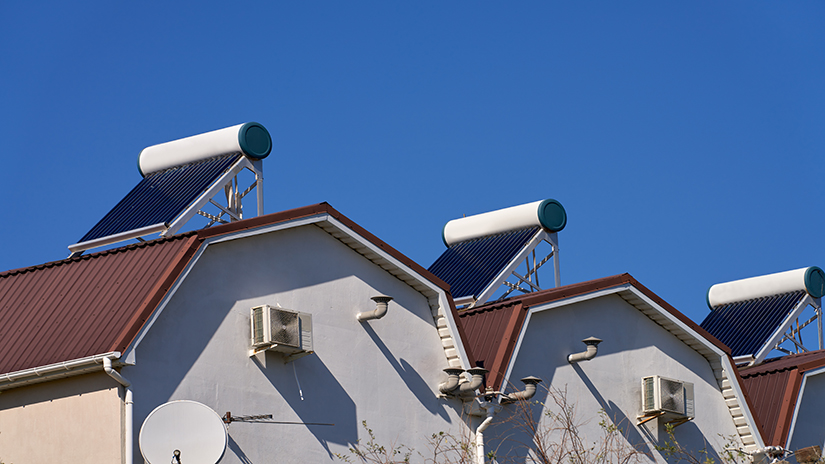
Solar Hot Water System Installation

7 Common Gutter Problems Homeowners Should Be Aware Of
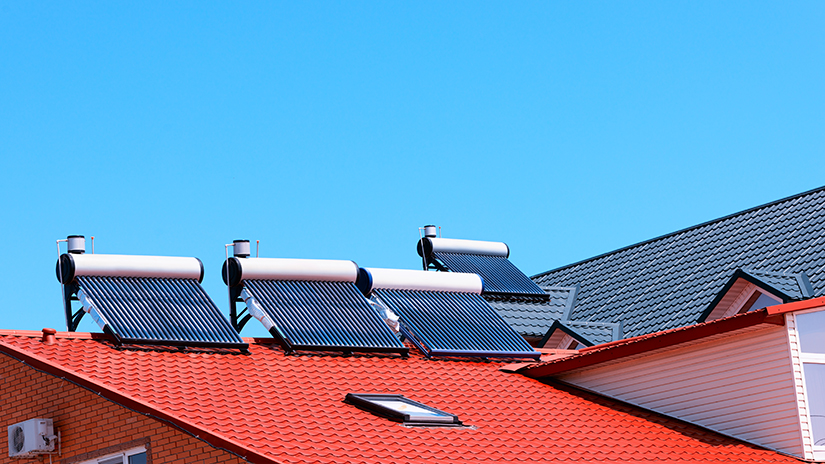
Are Solar Hot Water Systems Worth It?
